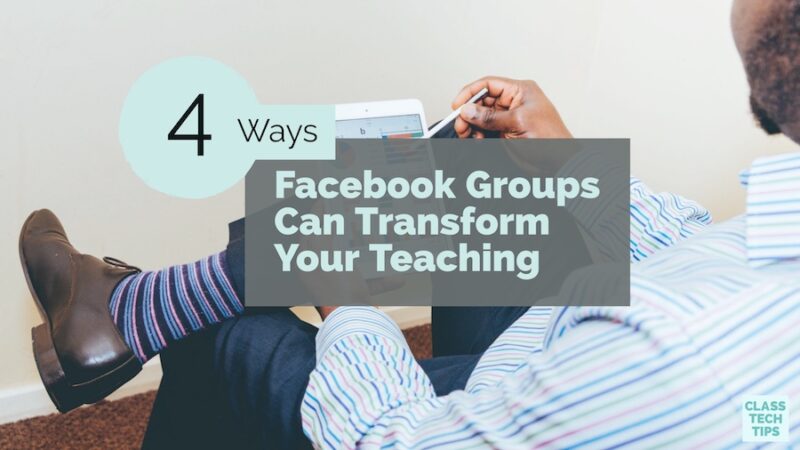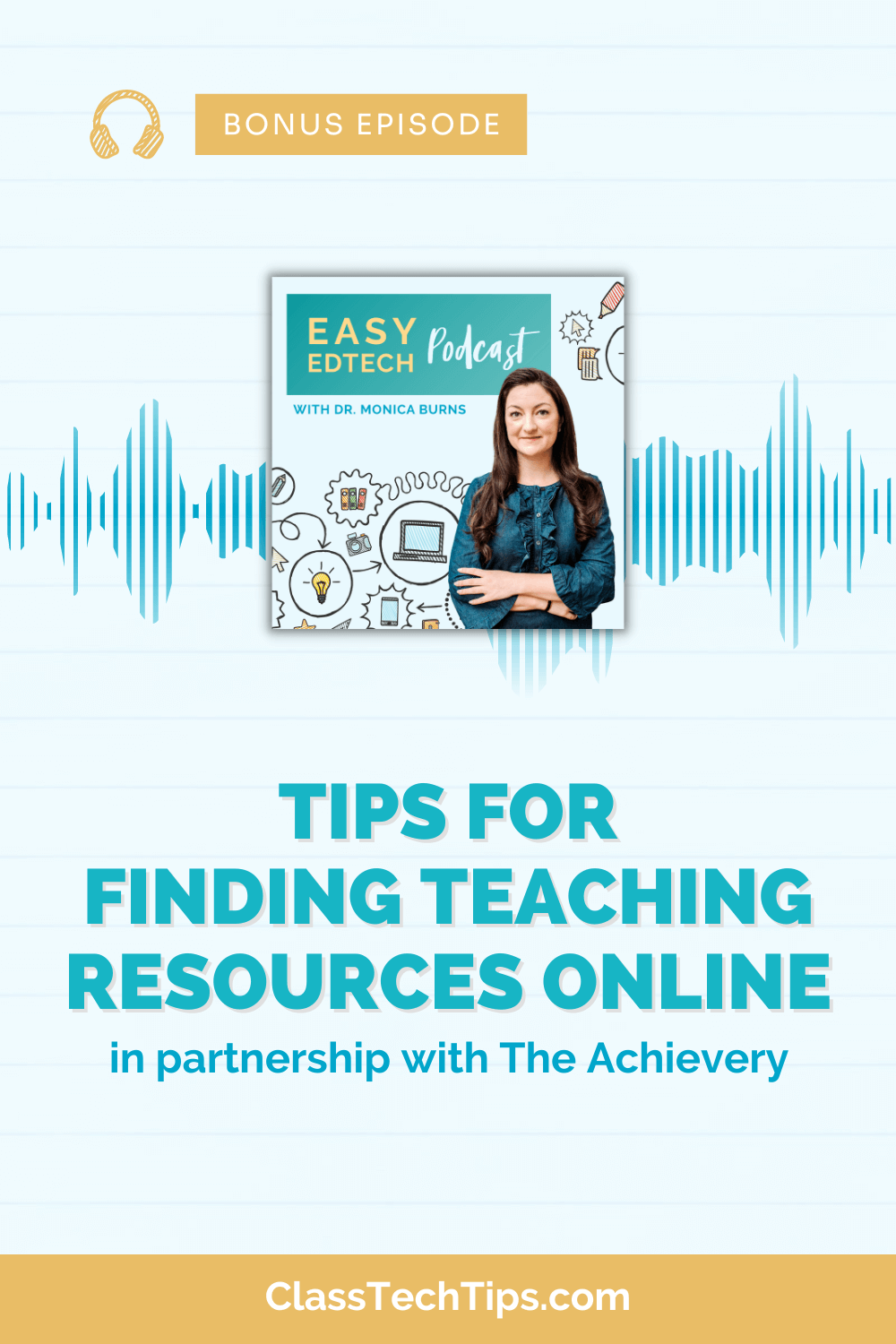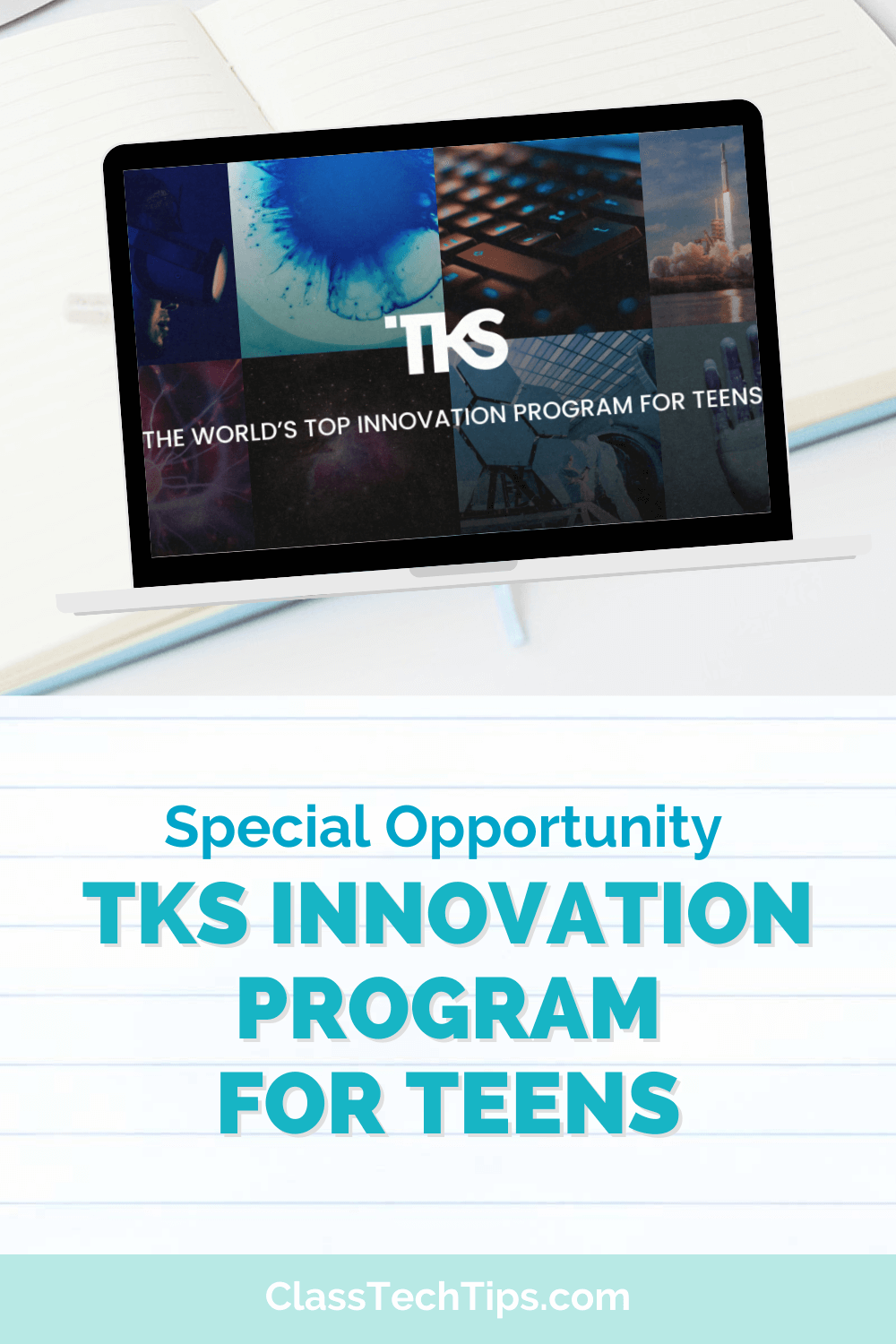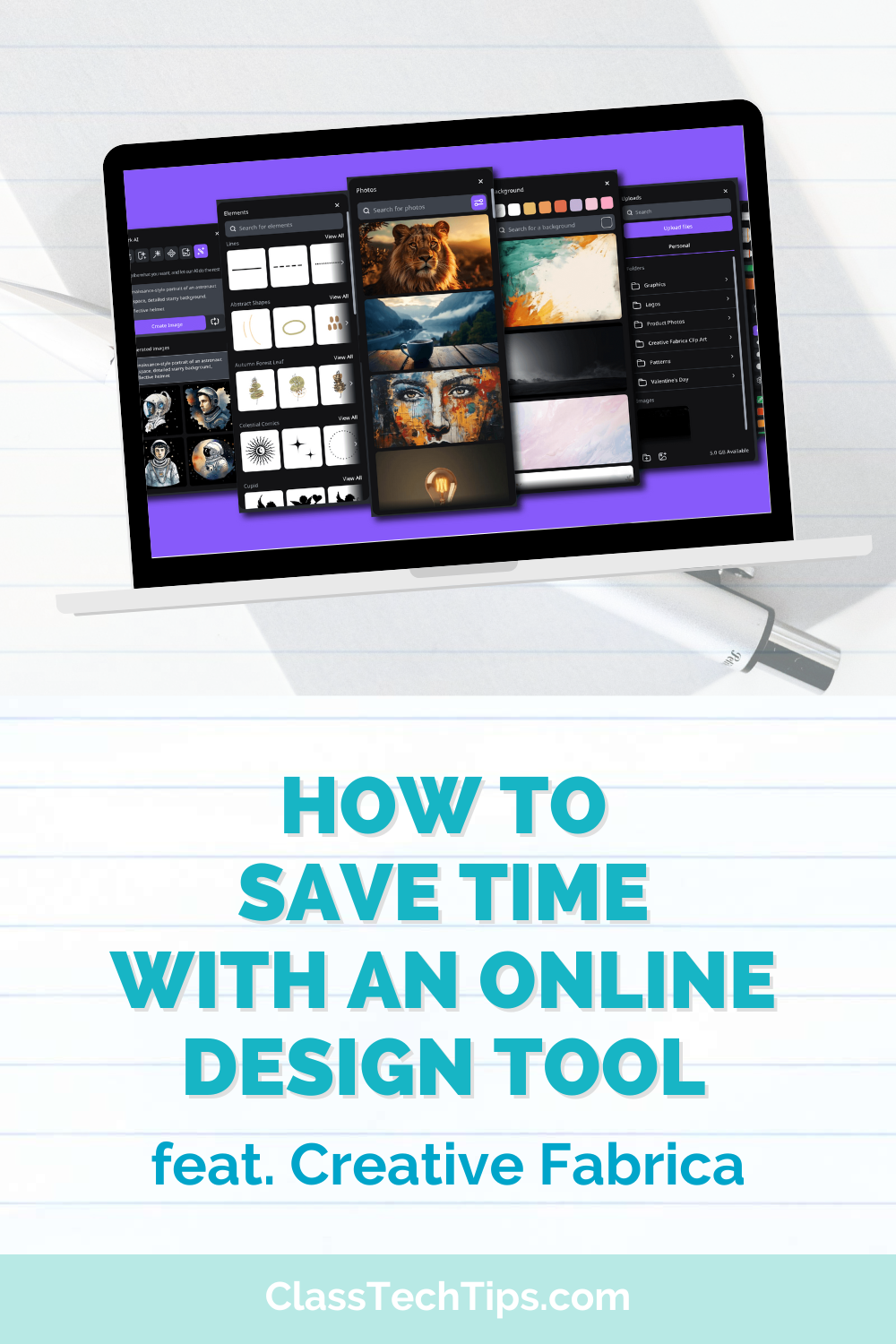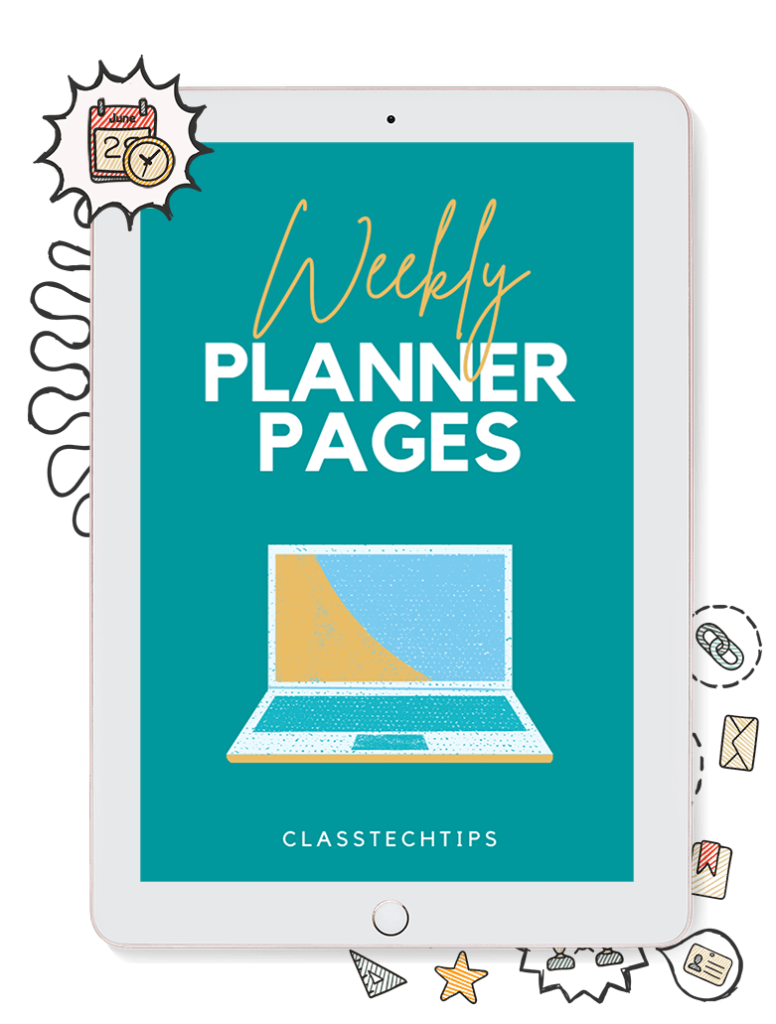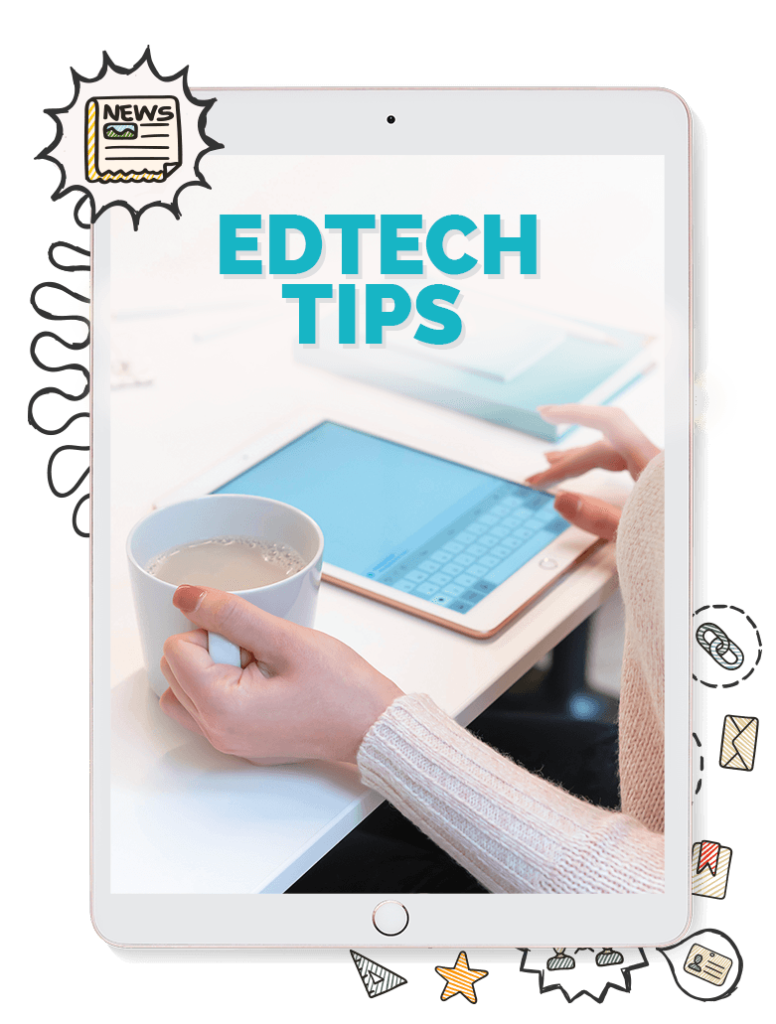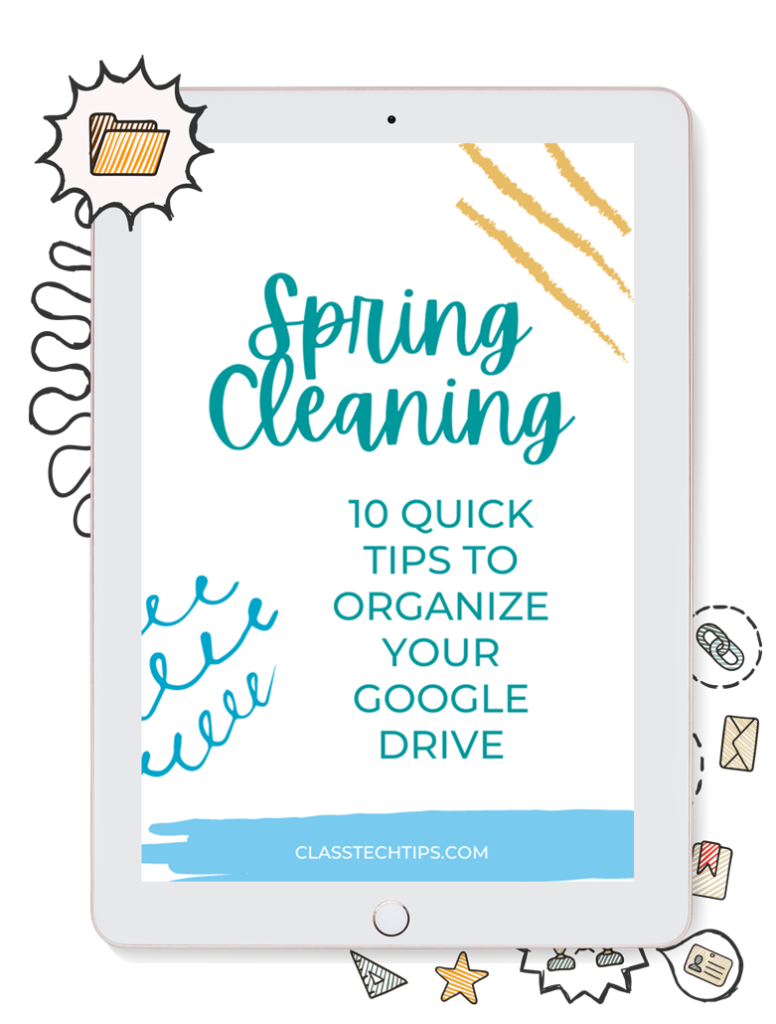Over the past year or so I’ve found myself using Facebook in an increasingly different way than in the past. Instead of using this social media platform to post pictures from a vacation, or comment on an update shared by a friend or family member… it’s become a source of professional learning. Is there such a thing as Facebook groups for teachers?
So many of the passionate educators I follow on Twitter, or folks I’ve met at education conferences, are also people I’m connected with on Facebook. This means that I get to see blog posts they’ve written or read, see links to their favorite podcast, or learn about what books they’re reading that week. Facebook has become an awesome addition to the way I usually use a platform like Twitter, where I’m scrolling through my feed each day as I learn and share with fellow educators.
But what if your Facebook friends aren’t in the field of education? How can you leverage the power of Facebook as a professional learning tool?
Facebook Groups for Teachers
Facebook groups are a great way to connect with educators who are passionate about a topic you love or want to learn more about. The search bar at the very top of your Facebook page lets you type in a keyword like ‘”makerspaces” or “3D printing” to find groups that have been created to bring people together who have a similar interest. Some groups are open so anyone can join, and other groups ask you to request to join.
I run two Facebook groups you can request to join one is about creation, collaboration, and curiosity in the classroom, the other is a space to share tips, tools, and strategies for formative assessment.
On this list I’ve pulled together a few ways Facebook groups can transform your teaching. Just like any professional learning tool, it’s all about how you use it. I hope these tips can help you make the most of Facebook groups this school year!
4 Ways Facebook Groups Can Transform Your Teaching
Find inspiration
The wonderful thing about Facebook groups is that it brings people together around a common interest. This is true even if they have a variety of opinions or experience with a particular topic. You might join a Facebook group that focuses on reading strategies and find new ideas, resources or books to bring into your classroom.
When scrolling through posts in a Facebook group I often find inspiration from the comments left by others or appreciate the links someone shares to keep a discussion going. I can’t tell you how many times I’ve added a book to my Amazon wish list because I saw a fellow educators share it on Facebook. Here’s one example of a book I snagged after a great Facebook recommendation.
Share ideas
As a member of a Facebook group you can share your own ideas with fellow educators. You might decide to share a lesson you’ve created, a success story from your classroom or a favorite book you’re reading. Just last month I shared a story about a lesson I taught with Nearpod in a Facebook group where I’m a member. It was so much fun to see the responses from fellow educators who have also used this interactive presentation tool too.
Some Facebook groups have rules about sharing products, like posting links to lessons you’re selling in a Teachers Pay Teachers store. You’ll find guidelines for most groups as soon as you join. If sharing a post in a Facebook group seems a little intimidating at first, you can always find someone else’s post and share a relevant idea or connection in the comments.
Solicit feedback
Not sure about a new lesson idea? Looking for the perfect EdTech tool to energize an upcoming unit of study? You can also post questions in Facebook groups to solicit feedback and gather ideas from others on a specific topic.
As a classroom teacher I was very lucky to have amazing, collaborative educators on my grade level team and throughout the school where I worked. If you don’t have someone in your building who you feel comfortable reaching out to, a Facebook group might be a welcome option.
Create connections
Whether we’ve met before at a school visit or conference, or you receive my weekly newsletter, you know how much I talk about authentic audiences. It’s a topic I discuss in my self-paced online course EdTech Reboot and comes up throughout my book Tasks Before Apps.
As you create connections in Facebook groups you might find authentic audiences to share student work with a class halfway around the world who is also studying the same topic as your students. For example, if your class is creating math tutorials using Spark Video or Explain Everything, you can share them with a class in a different country so those students can give your students feedback (or vice versa).
If you’ve been thinking about leveraging the power of social media for professional learning, head over to Facebook and use the search bar to find the perfect Facebook group for your content area, grade level, or area of focus. Or join one of two Facebook groups I manage. You can request to join by clicking on these links. One is about creation, collaboration, and curiosity in the classroom, the other is a space to share tips, tools, and strategies for formative assessment.
Have a Facebook group of your own? Share a link in the comments below!
